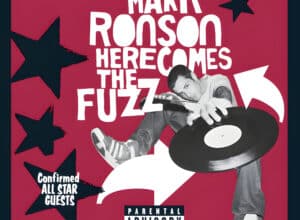Released: 2000
“The Grain” by Ghostface Killah, featuring RZA, is a complex narrative embedded in the urban survival story, draped in ostentatious bragging, and contextualized within a critique of society’s treatment of the marginalized. It employs the essence of 90s hip hop – a gritty, unfiltered portrayal of life on the streets.
The introductory dialogue asks if the listener is ready to witness, ’cause they’re about to bring the new Ghostface. From here, Ghostface dives right into the heart of the narrative – battlefield imagery, manifesting how life on the streets feels like an ongoing war. He throws in descriptions of luxury – “Wallabies, cherry noose, kool-aid”, “one hundred dollar seats” and talk of opera boxes – contrasting the gritty realities with opulence, a hallmark of rap braggadocio. Phrases like “Malcolm X me” and “Somebody might catch a Kennedy” are potent, expressing his readiness to take on obstacles, even if it means potential danger, akin to the risks faced by these historical figures.
Next, Ghostface and RZA plunge into a critique of police and societal injustices, metaphorically highlighting the conflicts people in marginalized communities encounter. From the cop demanding license with a “fat partner started chasin'” to Clinton cutting welfare, they’re telling it as it is – a world that leaves the disadvantaged hungry, and rappers like them are left to “politic”. The phrase “Don’t go against the grain”‘ is a call to accept the realities and power dynamics in play.
Now the narrative shifts to a more personal tone, discussing their experiences with women. The playful back-and-forth between RZA and Ghostface adds a lightness to this section, with Ghostface usually cautioning RZA against getting involved with these women. The underlying message is the importance of being cautious and discerning in personal relationships, as these, too, can be battles in their own right.
Altogether, “The Grain” stands as a vivid painting of the life Ghostface Killah and RZA have lived, using their lyrics to propound biting societal commentaries cosseted within their personal narratives.








